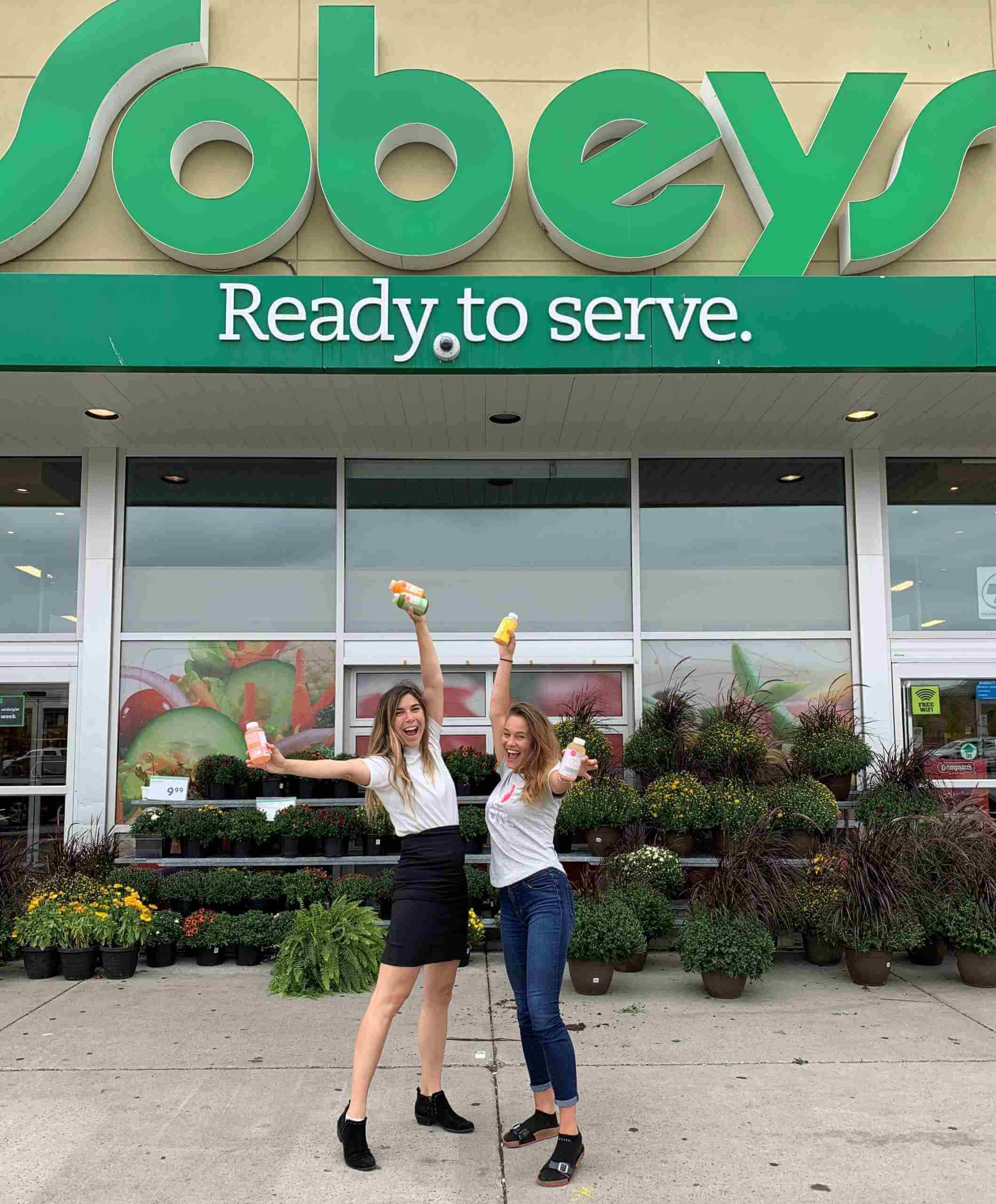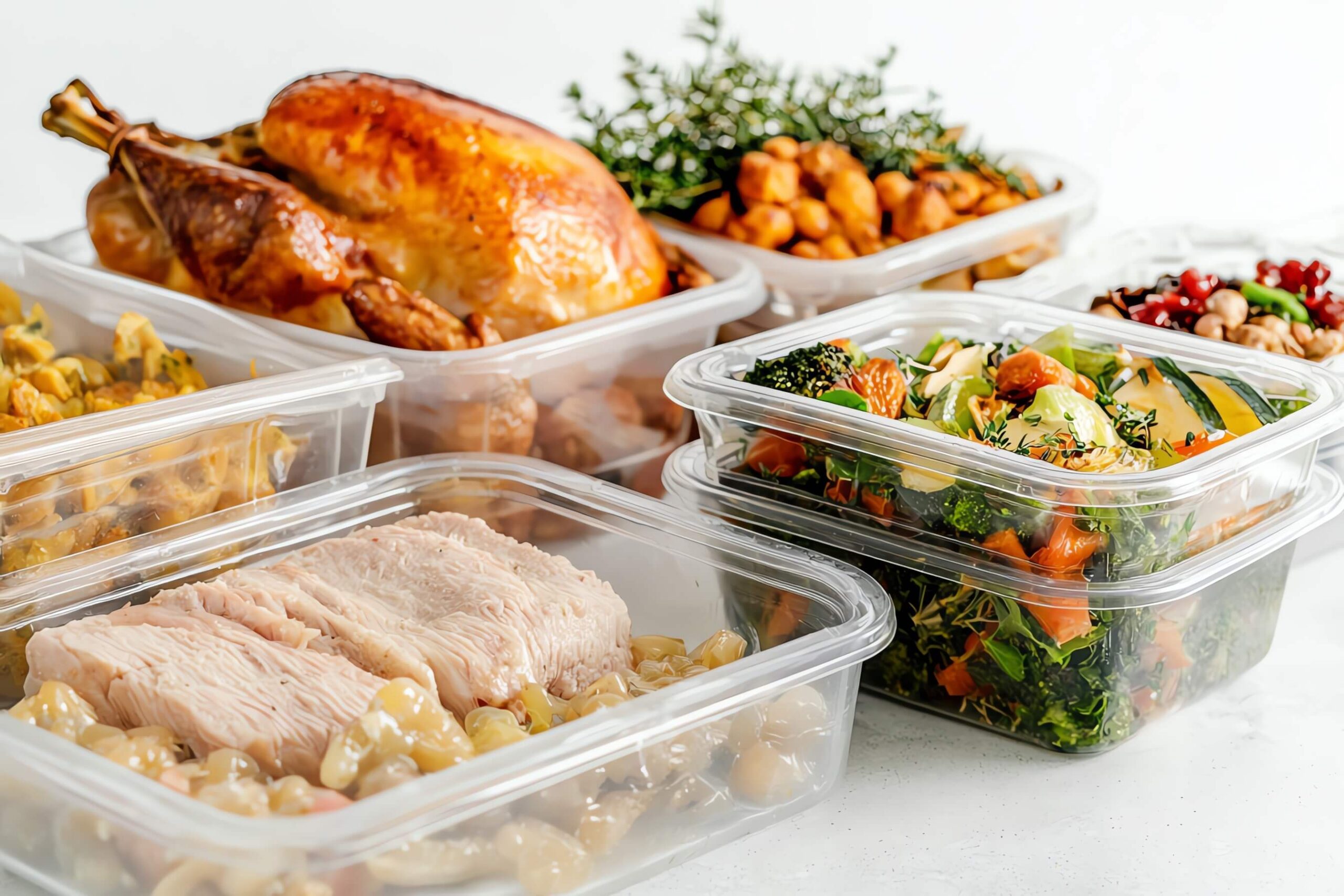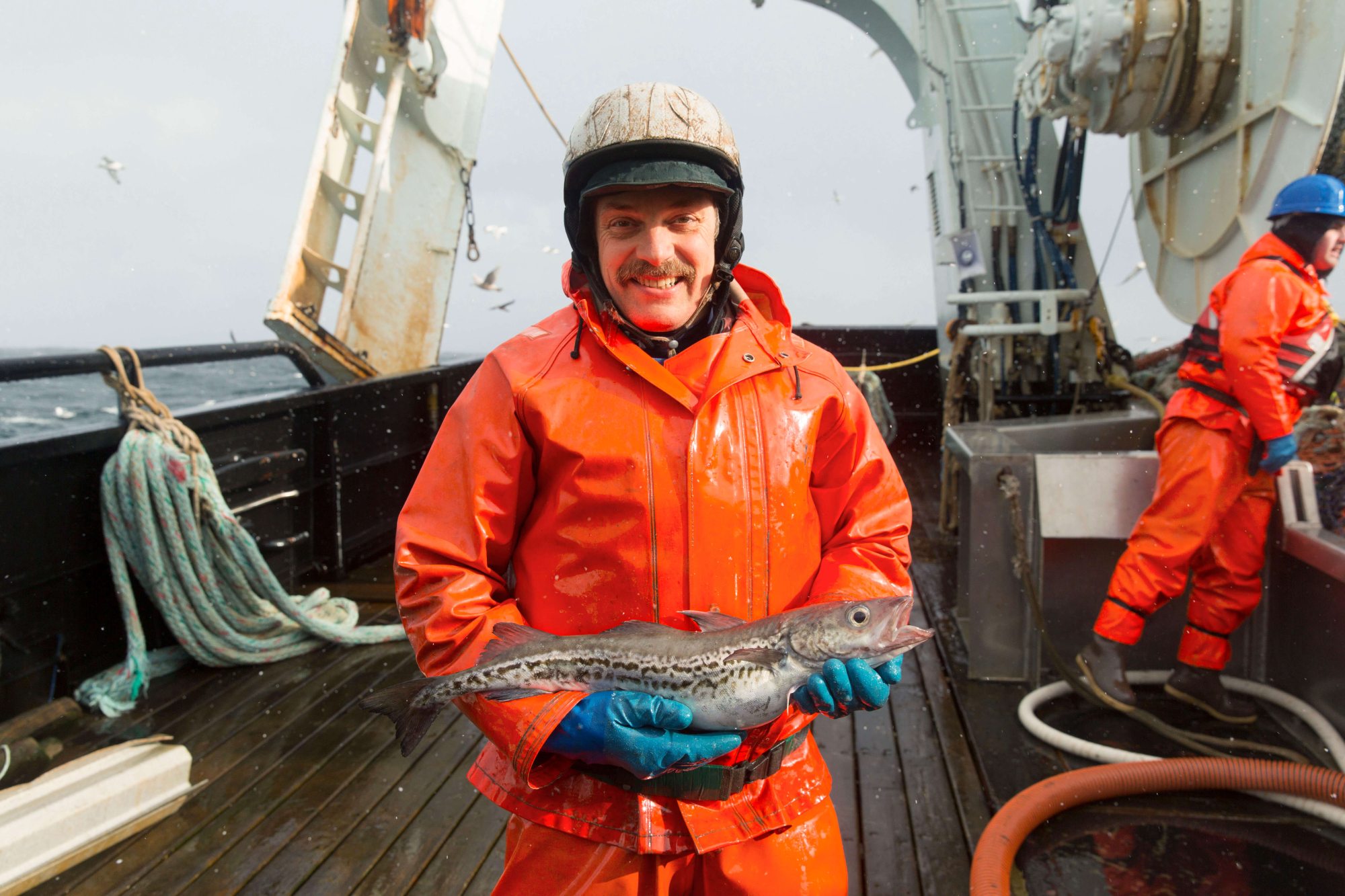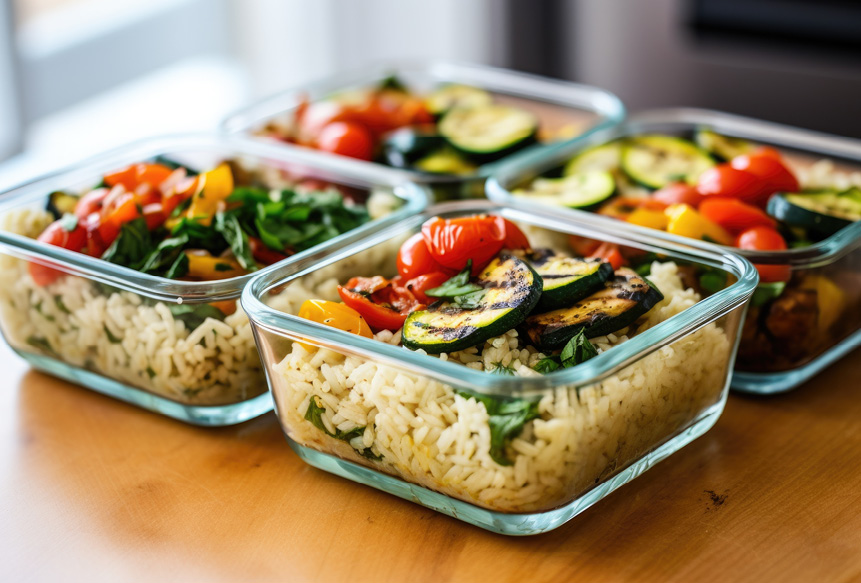How Welo came to be
Community and sustainability have been among the core goals of the Welo brand since its beginning. Stef and her partners Jack Baker and Katie McKinnon founded Welo in 2016 with the help of Dragon’s Den and Arlene Dickinson. Welo is short for “we love,” meant to stand for “the ingredients we love, being what we love, loving your planet and spreading the love to communities in need,” Stef says. The idea for Welo started in our kitchen when we were still in university, she says. “Jack was always making these incredibly healthy, low-sugar, protein- and vitamin-packed baked goods that everybody loved. We took the concept up a notch after feeling a difference in our energy levels when incorporating probiotics into our diets.” Their good idea caught on quickly. “Sobeys was our very first partner and the real catalyst for helping us make an impact in Kikima,” Stef says.Who Welo is
Welo produces a collection of nutritionally-minded cold-pressed beverages, made with fruits and vegetables. Each drink contains either probiotics or apple cider vinegar. Welo also makes low-sugar, plant-based probiotic bars that are gluten-free, soy-free and dairy-free.
Welo takes a good-for-you approach in many of its operations. Not only does it donate a portion of sales to communities abroad but it maintains a sustainable mindset in other areas of its operations too.
For example, as part of its effort to support a circular economy, Welo helps divert quality fruit and vegetables that would otherwise be heading to the waste bin, using “perfectly imperfect” produce. Welo also reports that 90 per cent of its partners in all areas of its business, from graphic designers to manufacturers, are Canadian. It also proudly hires from Canadian universities for its co-op programs. And the company has fun while embracing its sustainability mission, claiming that each of the boxes for its kids probiotic bars can be transformed into 36 kid-friendly crafts, such as colouring sheets and games.
Providing a stable source of water – for drinking, to water livestock, to irrigate crops – is essential for overall health and well-being. Our goal is to improve access to water, allowing the community to have the resources they need to prosper.
How Welo makes a difference
The Welo team continues its support of the Kikima community through monthly donations, which will help fund additional water projects. “The ability to raise food and become self-sufficient is directly connected to the ability to have water for crops,” Stef says. “Providing a stable source of water – for drinking, to water livestock, to irrigate crops – is essential for overall health and well-being. Our goal is to improve access to water, allowing the community to have the resources they need to prosper.” Kikima is a small town in Makueni county, near the top of the Mbooni hills in central Kenya. Agriculture is the main economic activity, so fresh vegetables are an important part of the community’s backbone, as is the water that nourishes them. “The community is very hardworking, but the availability of water limits the potential of growth,” Stef says. “As water is a necessary resource to sustain life and grow food, we knew that by helping make water more accessible, we could contribute directly to the overall health of the community.” To date, three wells have been dug in Kikima. Of course, the nice thing about building wells is that they keep on giving. “Sobeys is our family – there’s no other way to put it,” Stef adds. “The support from the Sobeys team is what motivates us to keep going, keep growing and keep looking for opportunities to give back.” By Doug Wallace





